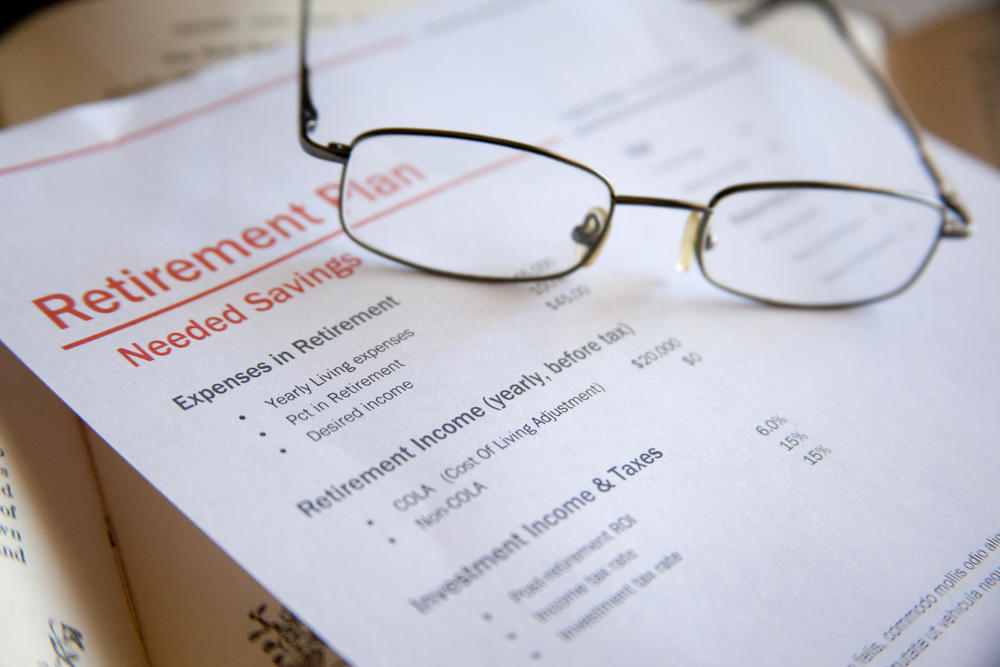Section Branding
Header Content
Wage Gap, Work Disruptions May Leave Women Unprepared For Retirement
Primary Content
American women are living longer than ever. The average woman lives to be about 81 years old. But a new study reports that, after working with a lifelong gender pay gap and interrupting their careers to take care of children, spouses or aging parents, women could fall far short of saving what they need to support themselves in retirement.
The Merrill Lynch and Age Wave study, which surveyed a nationally representative group of approximately 2,600 women and approximately 1,000 men, found that 1 in 4 women says she has not planned at all for her future.
Michelle Waymire, a financial adviser with Young and Scrappy in Atlanta, told us why women should worry about longevity risk, and what they can do now to make sure they are taken care of later in life. Claudia Aguirre, director of tutor operations at Access Test Prep and a former teacher, also joined with the story of how a career change in the Great Recession made her money savvy.
GPB's Leah Fleming speaks with Michelle Waymire and Claudia Aguirre.
Study findings
- More than half of women who responded to the survey, or 64 percent, said they would like to live to be 100 years old — but the majority also said they feared they would run out of money if they lived until that age.
- Forty-two percent of women said they feared they would run out money by the time they were 80 years old.
- Work disruptions, such as caring for family, keep the average woman out of the workforce at a rate twice as high as that for men.
- Women often also retire early to care for their male spouses, as men's health often deteriorates earlier on than women's health (the average American man lives to be about 76 years old).
- Taking into account such interruptions, a woman "may have earned a cumulative $1,055,000 less than a man who has stayed continuously in the workforce."


